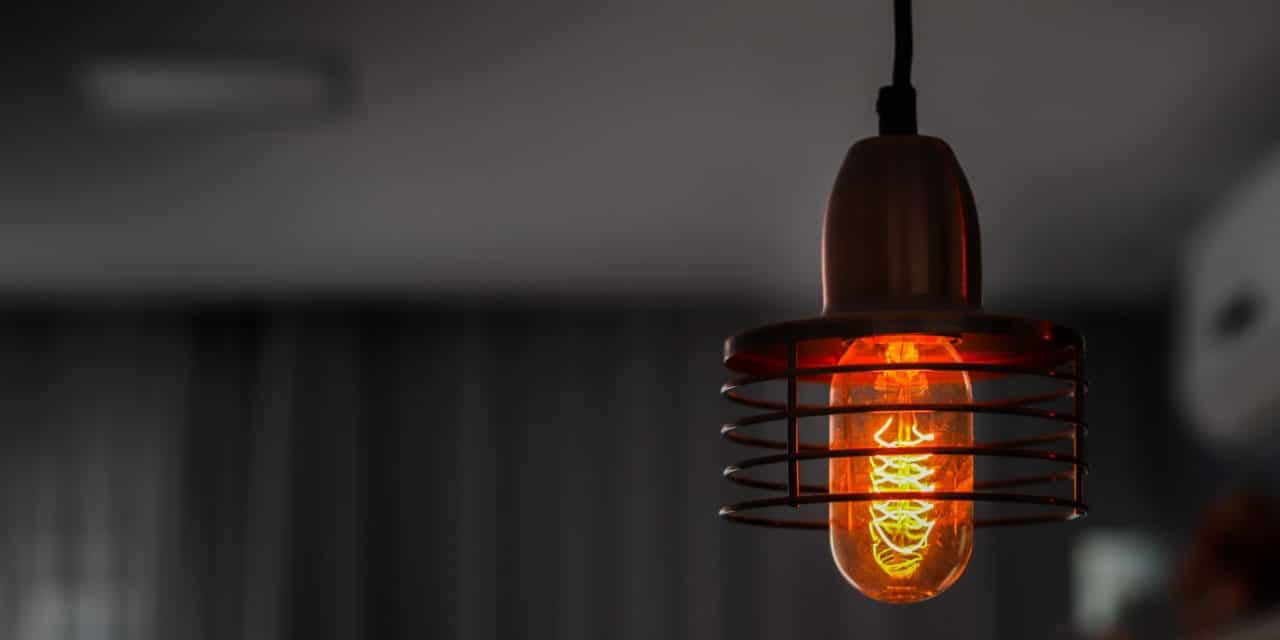[ad_1]
LED Floodlights is a kind of floodlighting fixtures that offer even illumination across a wide area such as the yard, square, stadium, stage or other spacious locations. Once in a time, metal halide and high pressure sodium are commonly used in for floodlight sources. Light Emitting Diode are introduced into this area recently due to the rapid development of LED manufacturing and packaging. Compared to conventional lighting sources, LED has unprecedented advantages which accommodates the needs for energy-saving and less maintenance.
This article would explain the advantages of LED floodlights in detail and some disadvantages will also be mentioned for your quick reference.
Advantages of LED Floodlights:
- LED Floodlights, no matter the lamps or the integrated fixtures are compatible to standard flood lamps or fixtures. It means that you can buy a LED flood lamps and install it in a few minutes. Or if you want to use a LED flood light fixture, you just need remove the old fixture and replace it with the new one simply.
- They don't generate too much heat. Due to the lighting mechanism, LEDs have no IR radiation, which increases the ambient temperature rapidly. It means less cost for air conditioning. Moreover, there is no harmful UV radiation and the fixture body maintains at an acceptable temperature due to the high-efficiency of LEDs.
- As mentioned above, LED is the most efficient lighting source than the conventional metal halide or high sodium. The lumen per watt record are frequently in labs around the world. And LEDs in mass production can reach around 90~100 lumen per watt. The value already exceeded that of HPS (High Pressure Sodium) and Metal halide, which was the most efficient light sources previously.
- Long life-cycle is the most amazing advantage of LED lighting. The rated life of LED is around 50,000 hours, which is the period from initial 100% lumen output to 50%. The lifespan is 10~50 times of the traditional lighting sources. Moreover, LED floodlights use chips that assembled with tens of single LEDs or integrated high power emitters. There is no impact on the functions if one or several lighting units burn out. So it's more robust than other conventional lamps.
- The unique feature of LED allows it to generate different colors easily without filters. This gains an extra energy-saving as there is no waste because of filtering. Moreover, LED floodlights are more compact in size and integrative without extra optical fixtures.
Disadvantages of LED flood lights
- The initial cost is higher than traditional lamps. Generally, LED lights are 3~5 times more expensive than conventional lamps. While the operation cost may be much less, as there are much less energy bills, fees of frequent lamp replacement and labor of maintenance.
- LED flood lights are not powerful enough for some critical applications that need extra-high lumen. Due to heat sinking limitation, a LED flood light fixtures can not exceed 200 Watts very easily. So it's hard to reach 10,000 lumens for LED flood lights. In this aspect, HPS or metal halide can reach the goal easily as there is not too much concern of heat dissipation for them.
In brief, LED flood lights can replace conventional lamps for floodlights applications in many cases. The new LED technology are the ecological solutions that gains in less power consumption and less maintenance. The barrier to mass application mainly comes from the high initial cost and limited total lumen output.
[ad_2]
Source by Zhenlin Wang


